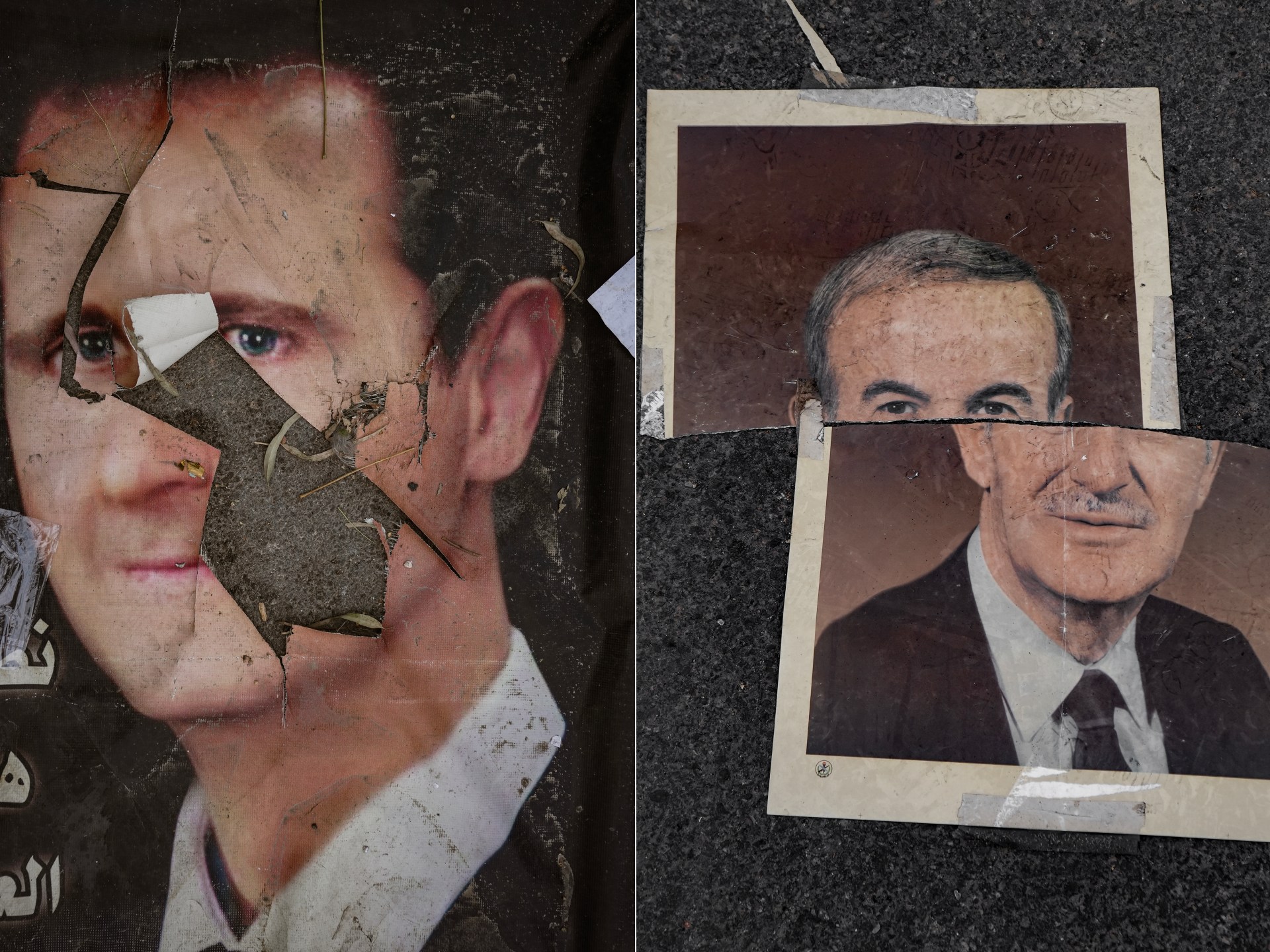Due to the sheer scale of the evidence in accusations against him by Syrian activists and European prosecutors, France’s highest court will decide whether to revoke Bashar al-Assad’s exile from Russia’s highest court.
If al-Assad’s immunity is overturned on Friday, al-Assad could face an absentee trial for using chemical weapons in Ghouta and Douma in 2018.
Human rights activists and attorneys claim that it could set a precedent for the prosecution of other government officials linked to atrocities.
Al-Assad has denied being responsible for the chemical attacks and has no attorneys to answer these questions.
Since al-Assad’s forces were the only side in the nearly 14-year civil war with sarin, the opposition has long refuted al-Assad’s claim.
According to Mazen Darwish, president of the Syrian Center for Media and Freedom of Expression, which collected evidence for war crimes, a ruling against al-Assad would be a “huge victory for the victims,” according to The Associated Press news agency.
This will open the door for victims from any nation, and it will be the first time a domestic investigative judge has the authority to issue an arrest warrant for a president while he is in power.
He claimed that the decision would allow his organization to pursue allegations of money laundering against former Syrian Central Bank governor and minister of economy Adib Mayaleh, whose attorneys claimed he had immunity under international law.
Brutal crackdown
Hafez al-Assad and his son Bashar served as ruler of Syria for more than 50 years.
The Syrian Observatory for Human Rights (SOHR) reports that more than half a million people died in a brutal civil war that started against their rule in 2011 across the 23-million-strong nation. More than a billion people have fled Europe, Lebanon, Jordan, Turkiye, and elsewhere.
Despite promises that Syria’s new leaders will carve out a political future for the country that includes and represents all of its communities, the al-Assad dynasty also stoked sectarian tensions to stay in power.
The decision of the French judges could provide the legal framework to prosecute not just deposed and exiled leaders but those who are currently in power, given that the International Criminal Court (ICC) has issued arrest warrants for leaders accused of atrocities. These include Rodrigo Duterte in the Philippines, Israel’s Benjamin Netanyahu in Gaza, and Vladimir Putin in Russia.
The Syrian government initially denied involvement in the Ghouta attack in 2013, but the United States later threatened military retaliation before agreeing to a deal with Moscow, allowing Russia to wrest significant influence in the war-torn nation.
Source: Aljazeera

Leave a Reply